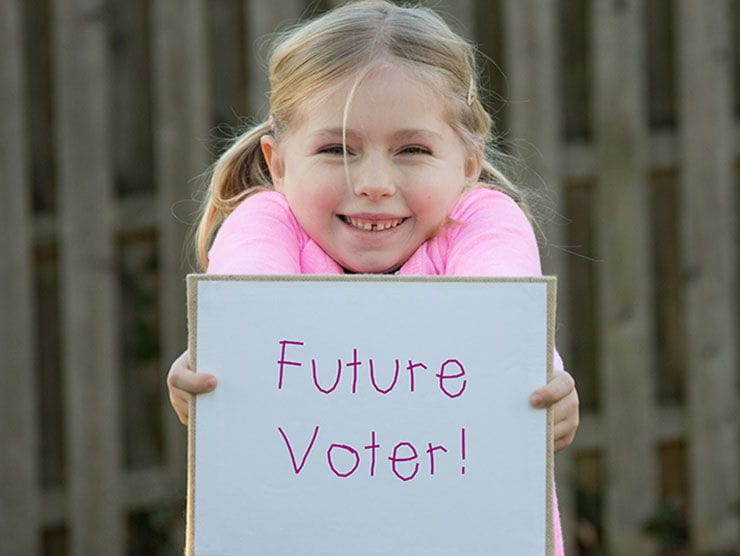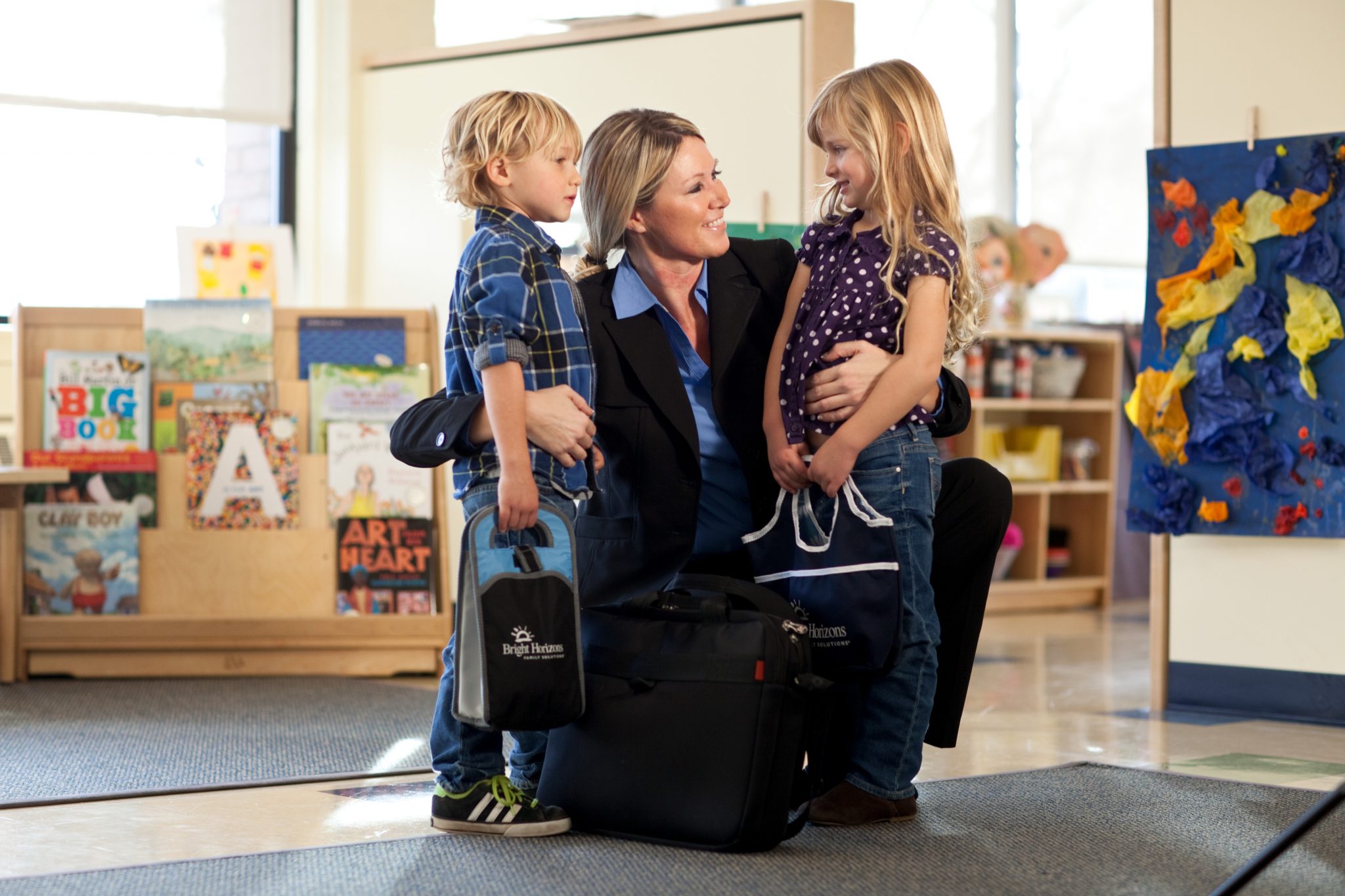The following post is from Mandy Berman, Bright Horizons' Chief Administrative Officer and EVP.
Millennials are currently the largest generation in our workforce ; a full third of the people who go to work every day.
They're also emerging as a major portion of the sandwich generation.
A surprise finding from our recent survey was that 53% of Millennial employees caring for an adult relative (versus less than half of all employees) reported that their adult relative was living with them. That "sandwich" is more than a label. Having an elder relative at home means many of these young employees who already care for children have daily responsibilities for elders, too ; perhaps managing personal care, medication, transportation, paperwork, appointments!or all of the above. It makes the likelihood of family and work conflicts ; already common among people taking care of children ; substantially greater.
This is notable for our workplaces for a number of very significant reasons.
[bulletlist]
- First, Millennials are not just the largest generation in our workforce; they're our future leaders.[bulletlist]
- Second, they're exceptionally purpose and family driven. How work fits with family matters to them. In our survey, Millennials were twice as likely as the general pool of employees to leave a job because of work/life conflicts, and roughly a third more likely to have turned down a promotion.
- Third, there's no doubt that their caregiving responsibilities are causing conflicts. In our study, 94% of sandwiched employees said they did.





